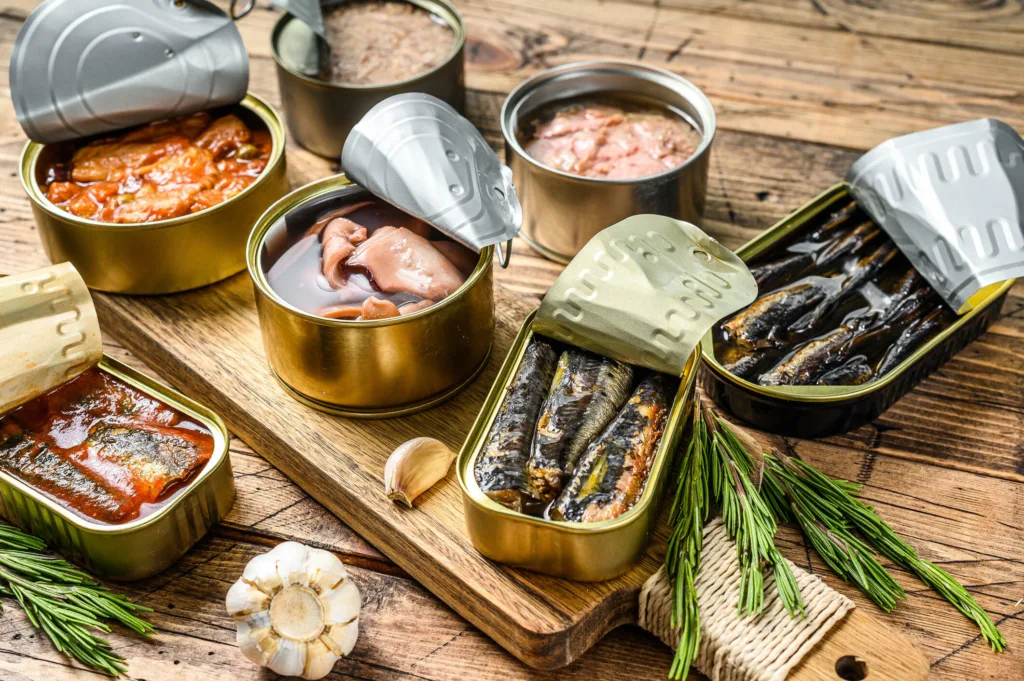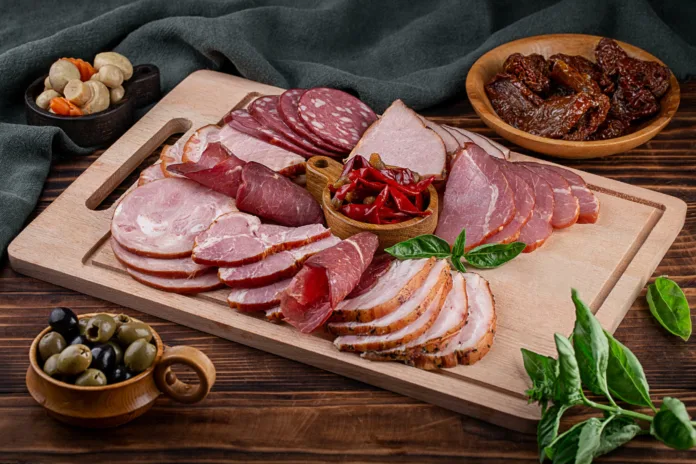While food fuels our bodies and provides vital nutrients, certain dietary choices can potentially increase the risk of developing cancer. Understanding the potential cancer-causing agents in food and making informed choices can help us navigate the landscape of healthy eating.
Here are some foods with potential cancer-causing agents and how to minimize their risk:
1. Processed Meat:
Carcinogens: Processed meats like sausages, bacon, hot dogs, and deli meats contain nitrates and nitrites, which can combine in the body to form nitrosamines, potential carcinogens.
Minimizing Risk: Limit consumption of processed meats, choose uncured meats whenever possible, and cook them at lower temperatures to minimize nitrosamine formation.
2. Red Meat:
Carcinogens: Red meat, including beef, pork, and lamb, may contain carcinogens like heterocyclic amines (HCAs) and polycyclic aromatic hydrocarbons (PAHs) formed during high-temperature cooking methods like grilling and pan-frying.
Minimizing Risk: Opt for lean cuts of red meat, cook at lower temperatures, and consider alternative protein sources like fish, poultry, and legumes.

3. Fried Foods:
Carcinogens: Fried foods, especially those cooked at high temperatures, can contain acrylamide, a potential carcinogen.
Minimizing Risk: Limit consumption of fried foods, choose healthier cooking methods like baking, steaming, or grilling, and avoid overcooking.
4. Sugary Drinks and Refined Carbohydrates:
Carcinogens: Although not directly carcinogenic, sugary drinks and refined carbohydrates can indirectly contribute to cancer risk by promoting obesity and inflammation, both linked to increased cancer risk.
Minimizing Risk: Limit sugary drinks and refined carbohydrates, opt for whole grains, fruits, and vegetables, and stay physically active to maintain a healthy weight.
5. Alcohol:
Carcinogens: Excessive alcohol consumption increases the risk of various cancers, including mouth, throat, esophageal, breast, and liver cancers.
Minimizing Risk: Limit alcohol consumption, opt for moderate amounts if consumed, and choose non-alcoholic alternatives whenever possible.
Additional Considerations:
Cooking Methods: High-temperature cooking methods like grilling and frying can increase the formation of harmful compounds. Opt for lower-temperature methods like baking, steaming, and poaching.
Food Safety: Store food properly and avoid consuming moldy or contaminated food, as these can contain toxins.
Balance and Variety: While certain foods may contain potential carcinogens, it’s important to maintain a balanced and varied diet overall. Focus on consuming a rainbow of fruits and vegetables, whole grains, lean protein, and healthy fats.
Remember, moderation and informed choices are key. While some foods may contain potential cancer-causing agents, enjoying them in moderation and maintaining a healthy overall diet can minimize the risks. Consult a healthcare professional for personalized dietary recommendations.
By making informed choices about the foods we eat, we can empower ourselves to take control of our health and reduce the risk of cancer.




